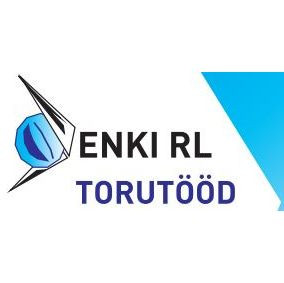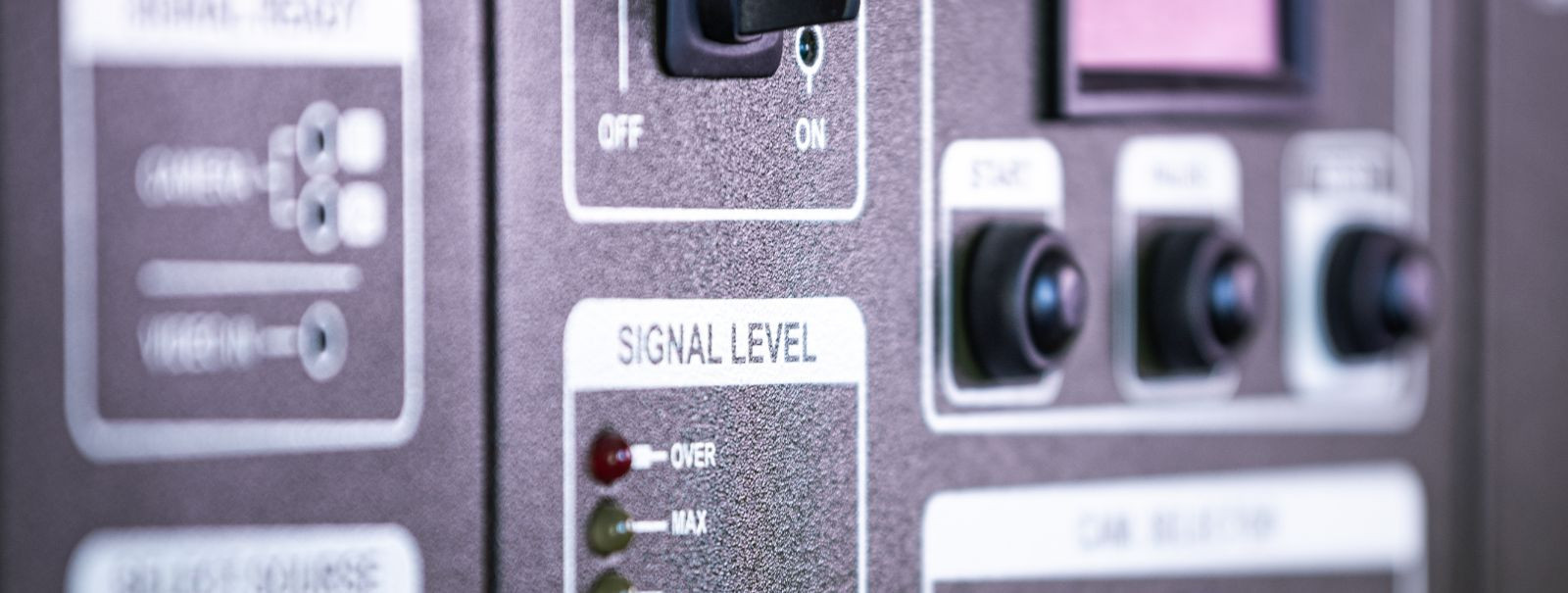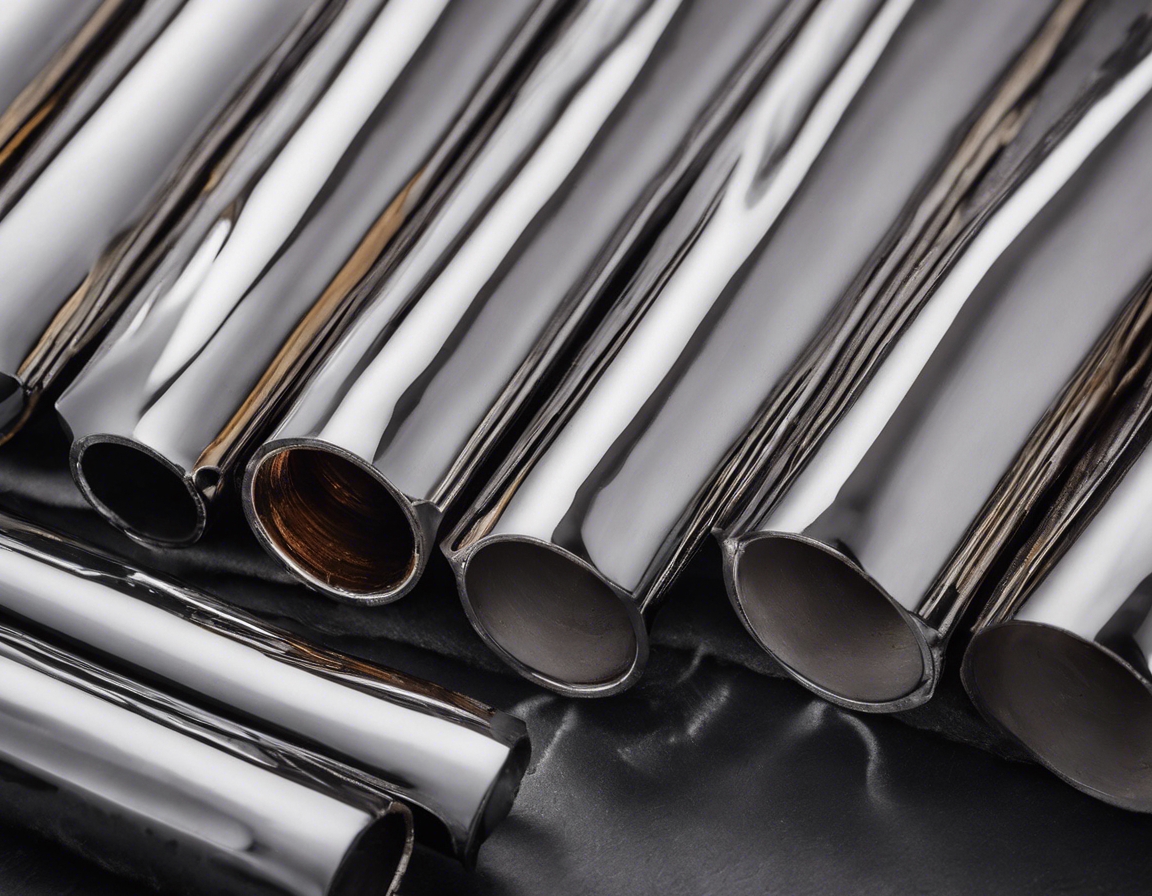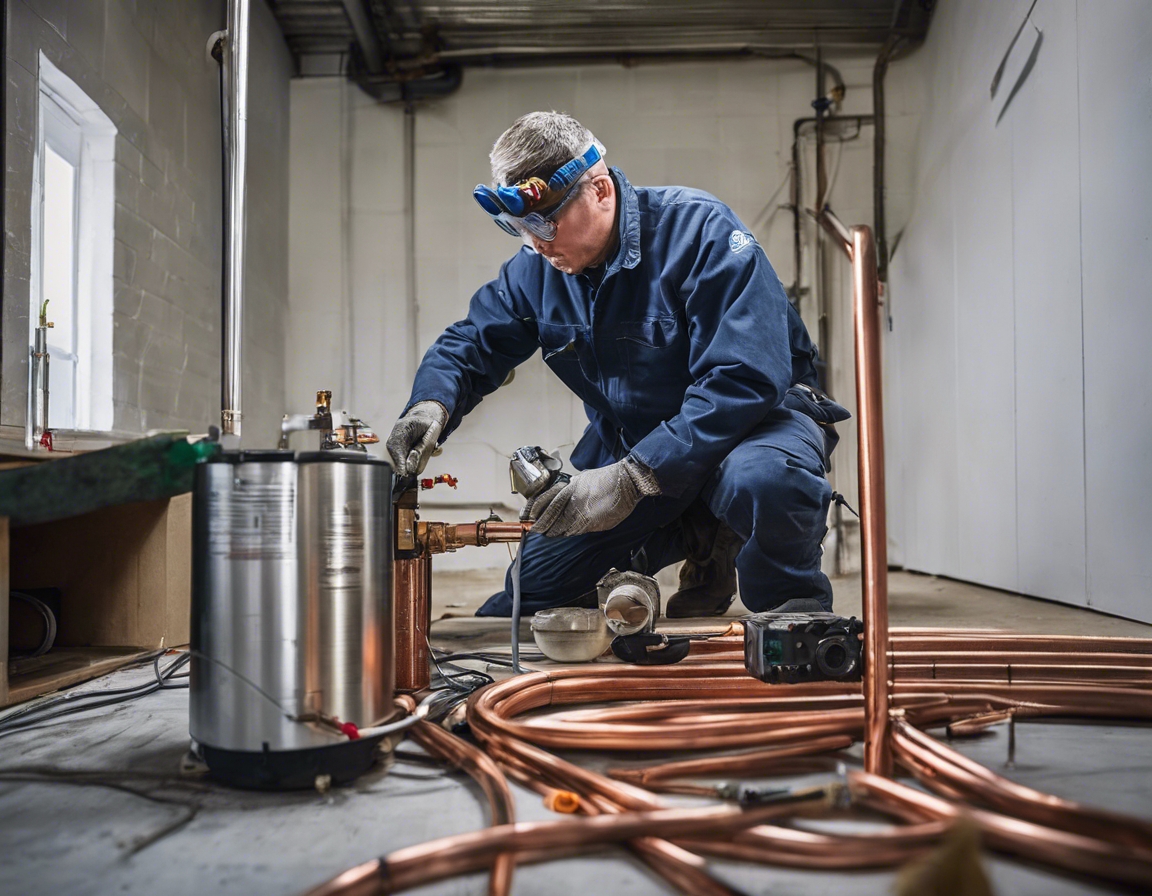Why frequency converters are the future of heating
Frequency converters, also known as variable frequency drives (VFDs), are power conversion devices that control the speed and torque of electric motors by varying the frequency and voltage supplied to them. This technology is pivotal in applications where precise motor control is essential, including heating systems.
Heating systems often rely on electric motors to power fans, pumps, and compressors. By integrating frequency converters, these systems can modulate the speed of these components to match the heating demand more accurately, leading to increased efficiency and reduced energy consumption.
The Advantages of Using Frequency Converters for Heating
One of the most compelling reasons to use frequency converters in heating systems is the significant energy savings they offer. By operating motors at the needed speed, rather than at full capacity, frequency converters reduce energy waste and lower utility bills.
Frequency converters enable smoother operation of heating systems, minimizing the wear and tear on components. This precise control leads to a more consistent indoor temperature and improved comfort levels.
The ability to control motor speeds reduces the mechanical stress on heating system components, extending their lifespan and reducing maintenance costs.
With frequency converters, users gain greater control over their heating systems, allowing for customizable temperature settings and schedules that cater to individual preferences and needs.
Frequency Converters and the Environment
By optimizing energy use, frequency converters contribute to a lower carbon footprint, making heating systems more sustainable and environmentally friendly.
Frequency converters are compatible with renewable energy sources, such as solar and wind power, facilitating the integration of these green technologies into heating systems.
Technological Advancements in Frequency Converters
Recent advancements in frequency converter technology have led to more compact, efficient, and cost-effective solutions, making them accessible for a wider range of applications.
The integration of frequency converters with smart home technologies and the Internet of Things (IoT) enables remote monitoring and control, further enhancing the efficiency and convenience of heating systems.
Real-World Applications and the Future Outlook
Homeowners are increasingly adopting frequency converters in their heating systems for the benefits of reduced energy costs, improved comfort, and environmental responsibility.
In commercial and industrial settings, the use of frequency converters is becoming standard practice due to their ability to handle large-scale heating demands efficiently and reliably.






Comments (0)